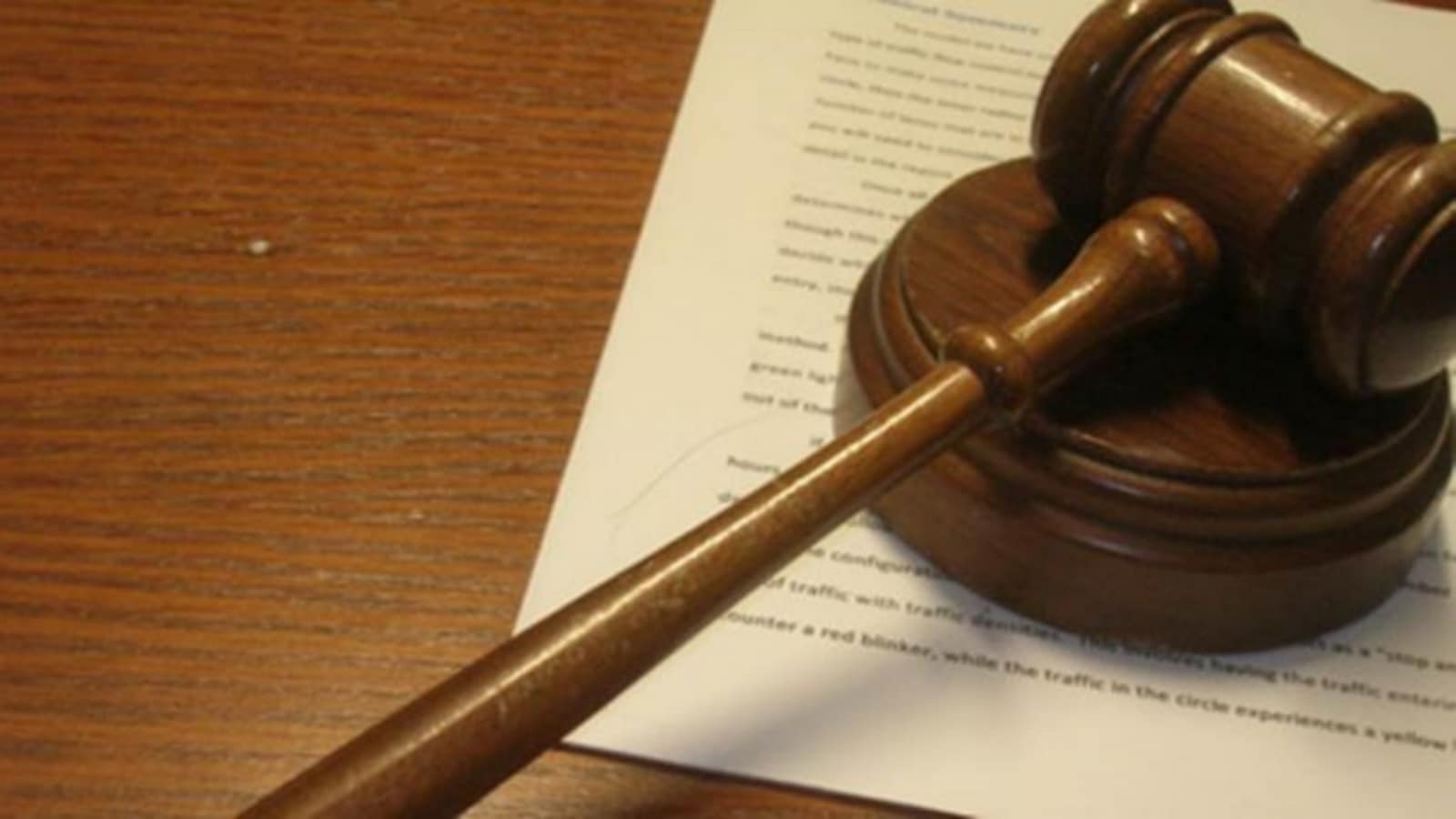Sentenced to life in prison in December 2012 on charges of poisoning a man, the case of two sisters in Madhya Pradesh’s Khandwa district took a dramatic turn earlier this month when a court ruled that they had been framed and falsely implicated.
The court went a step further and ordered an investigation against eight prosecution witnesses, including police officers, noting that if they “are allowed to go scot-free, then it would encourage such unscrupulous persons to falsely implicate innocent persons”.

While Surajbai spent 13 years and 11 months behind bars, Bhuribai spent a little over three months in jail with her two children – a one-year-old girl and three-year-old boy.
The prosecution had alleged that around 7:30 am on September 21, 2008, Surajbai was sleeping at home when her mother-in-law alerted her that a neighbour, Hari, was hanging from a neem tree. As per the prosecution, Surajbai rushed to the scene, cut the rope with a sickle , and took Hari to the hospital, where he was declared dead. On further inquiry, the police registered an FIR against Surajbai and her sister Bhuribhai for poisoning Hari and staging the death as a suicide to destroy evidence.
The two sisters were convicted under IPC sections 302 (murder) and 34 (common intention) and sentenced to life imprisonment by a sessions court in Khandwa on December 23, 2012.
On October 16 this year, a Bench of Justices G S Ahluwalia and Vishal Mishra said that “innocent Surajbai and Bhuribai” had been “falsely implicated”.
‘A slip shot investigation’
According to the court, ligature marks “found on the base of (Hari’s) neck could not have been caused on account of hanging”, making it clear that he was killed by someone. The court held that he was strangulated, but the police “conducted the investigation in a very slip shot manner and did not try to find the real culprit”.
Story continues below this ad
The court held that most prosecution witnesses had an enmity against the sisters, and implicated them as a result. “The most unfortunate part is that Bhuribai, who was pregnant, was also roped in without any basis… After her conviction, she was sent to jail along with her one year old girl and three year old boy. Later, the boy’s custody was handed over to his father,” the court said.
“The separation of children from their mother, only because of the fact that the prosecution witnesses wanted to falsely implicate Surajbai, cannot be pardoned,” it said.
The court noted that Surajbai was “never granted bail after her conviction”, and had already undergone incarceration for 13 years and 11 months. “Nobody would be in a position to return those days back to her,” the court said.
It said that the “witnesses had deliberately deposed falsely before the trial court, and even the police deliberately did not investigate the matter properly and left multiple angles unattended, thereby facilitating the prosecution witnesses to falsely implicate the appellants”.
Story continues below this ad
“It is really unfortunate that the trial judge took the matter in a most casual manner and did not appreciate the evidence in the light of provisions of law,” the HC said. “The trial court must realise that they are dealing with the life and liberty of a person and no one should be punished without sound principles of law. Blindly accepting the examination-in-chief of the prosecution witnesses, without testing the same on the anvil of their cross-examination, is not the proper way of appreciation of evidence.”
The court said it is clear from the evidence of the autopsy surgeon that the deceased was well built and could have resisted administration of poison.
“Surajbai is a lady whereas Bhuribai was pregnant at the time of incident. Two ladies… could not have overpowered Hari to administer poison,” the court said.
‘Concocted stories’
The witnesses had claimed that when they reached the hospital, they found that Hari was lying on a bullock cart outside, and a person from the hospital was called, who examined him and declared him dead.
Story continues below this ad
However, the court said that whether the deceased was “taken to hospital on a bullock cart or not has remained a mystery”, and this story was “nothing but a concocted story to justify dumping of the body in the house of Surajbai”. “Why did the police not investigate when and under what circumstances the body was taken to the hospital and by whom? Even the investigating officer, by leaving important links untouched, have facilitated (the witnesses) to create a false case,” the court said.
“It is clear that either the witnesses themselves were the owner of the bullock cart, or they have developed a false theory of finding the deceased in front of the hospital. Thus, it is clear that the witnesses have deliberately implicated Surajbai and Bhuribai falsely in the case,” the court said.
Most of the prosecution witnesses had claimed that around two weeks before his death, a quarrel took place between Hari and Surajbai. They had claimed that Surajbai poured kerosene oil on Hari but before she could set him on fire, he injured her using a sickle and ran away.
Prosecution witness Dinesh, Hari’s younger brother, had claimed in court that Surajbai was having illicit relations with Hari. The court however ruled that this “fact is not mentioned in his police statement, and it amounts to material contradiction”. The court made similar observations in connection with witness Suresh, noting that he had recorded his statement with the police five months after the incident.
Story continues below this ad
The court noted that Hari’s sister Phoolabai could not explain why the allegations of pouring kerosene were not revealed to the police in her initial statement. The court also said that witness allegations that Surajbai was heard shouting about administering poison to Hari were made later.
The court made similar observations when it came to the testimonies of Hari’s mother Sukmabai and sister Sewantibai. The court said allegations of pouring kerosene were “nothing but an afterthought made with a view to attribute motive to Surajbai and Bhuribai”.
On claims by witnesses that Surajbai had a relationship with Hari after her husband passed away, the court said, “The character assassination of appellant Surajbai was done with an intention to attribute motive to her.









